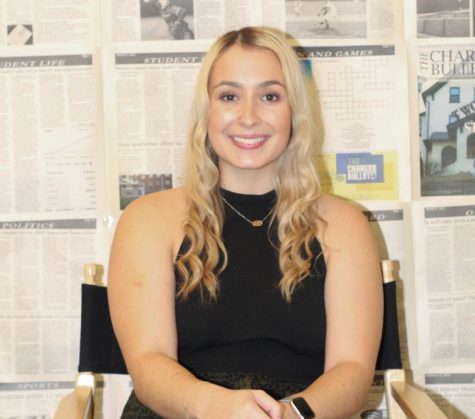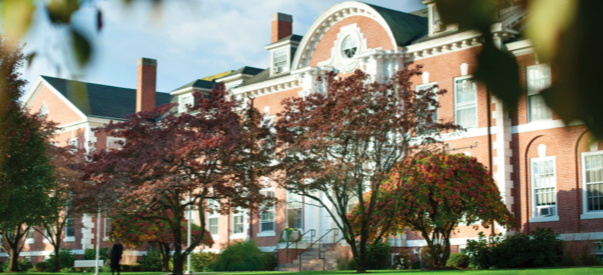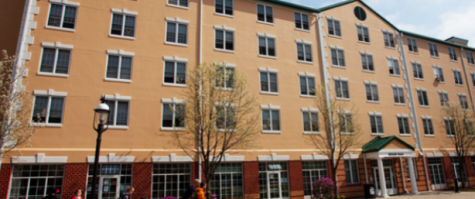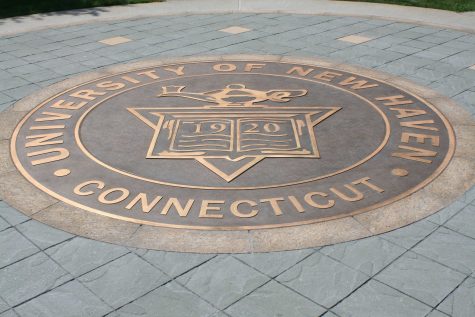Pres. Kaplan Addresses Students about Uncertainties with Fall 2020
As universities across the country are remote learning, students and university workers may be itching to return to business-as-usual in the fall.
Northeastern states such as Massachusetts and Maine have extended their “stay-at-home” orders, and Boston University announced their Recovery Plan which would close their campus until January 2021. What does this mean for the University of New Haven? No one knows for certain, but the University appears to be prepared for the fall semester, no matter how it may look.
Pres. Steven Kaplan recently sent the campus community an email that outlined the behind-the-scenes preparations for the fall semester, accounting for all COVID-19-related eventualities. The email identified the university’s three main goals: putting the university in the best financial position in the long-term and the short-term, delivering a high-quality educational experience, and preserving jobs as much as possible. These goals will be addressed by three groups operating similarly to task forces, according to Kaplan.
To prepare for the inevitable impact of financial complications, a group has been formed to make sure the university is ready for a full resumption of on-campus activities in August.
According to the email, preparations include factors such as the number of returning and newly enrolled students on both undergraduate and graduate levels,as well as those who elect to continue their studies online. This group includes George Synodi, vice president for finance & administration, and Gregory Eichhorn, vice president for enrollment & student success.
Provost Mario Gaboury and Summer McGee, dean of the School of Health Sciences, head the second group dedicated to “exploring academic contingencies for a variety of scenarios that may come into play regarding the resumption of teaching and learning in the fall,” according to Kaplan’s email.
Specifically, they will determine what courses will suffer from remote learning—especially labs and clinicals—and what accommodations will be made to ensure student success.
The last group identified by the email is a task force co-chaired by McGee and Ron Quagliani, associate vice president for public safety, which will focus on proper public health responses and on establishing a safe, prepared environment for the eventual re-opening of the university.
For now, Kaplan said that financial burdens are being offset by the halt of $12 million dollars in capital improvements, university-wide pay reductions and altered employer retirement contributions, and the temporary furlough of 173 university employees through July 31, 2020, among other measures.
As for how students will be affected, according to Kaplan, room and board credits will be available in their ePay accounts by April 30, while students who are graduating or not returning to the university will be eligible for refunds.
To compensate for lost in-person classes this semester and the potential challenges in the fall, the university will expand the number of summer 2020 courses under “an online and/or distance learning format” including undergraduate core courses, major courses, electives, and graduate courses.
In the meantime, the university is supporting students in need, with the Chargers Helping Chargers Fund, and other initiatives to assist students suffering from hunger.
“If we continue to work together – and work harder and smarter than anyone else – we will emerge from this crisis stronger than ever. I look forward to taking on these challenges with you,” wrote Kaplan.

Kelly Adkins is a senior communication major with a concentration in journalism. Kelly has been a contributing writer for the Charger Bulletin since 2019...











